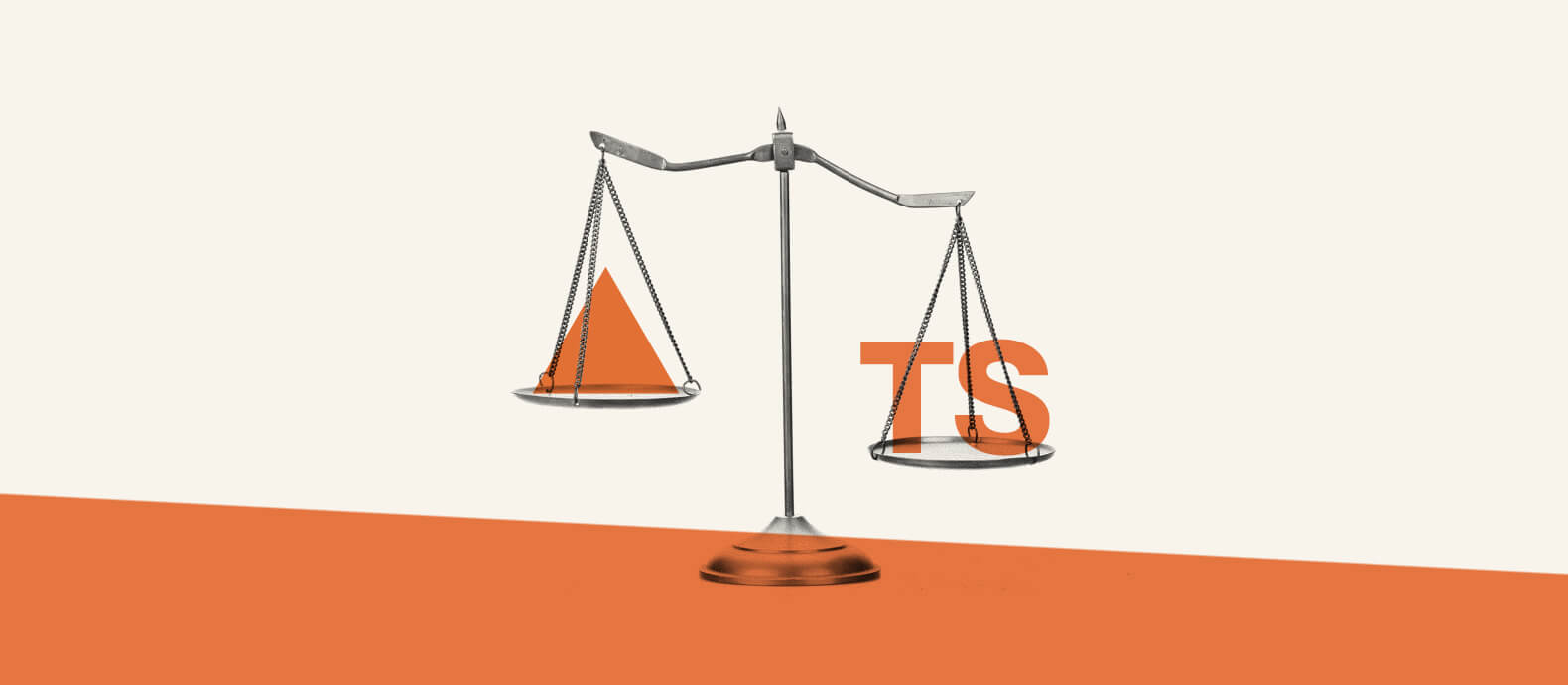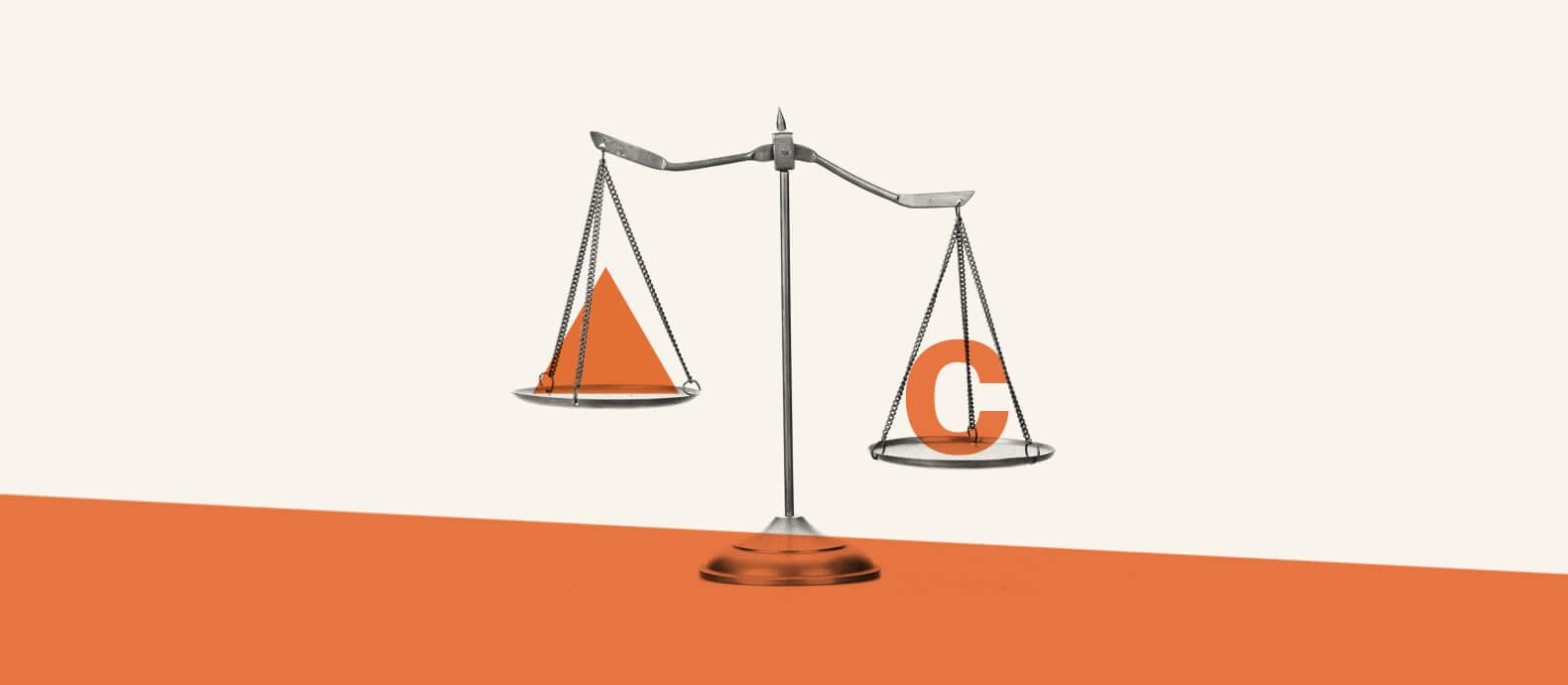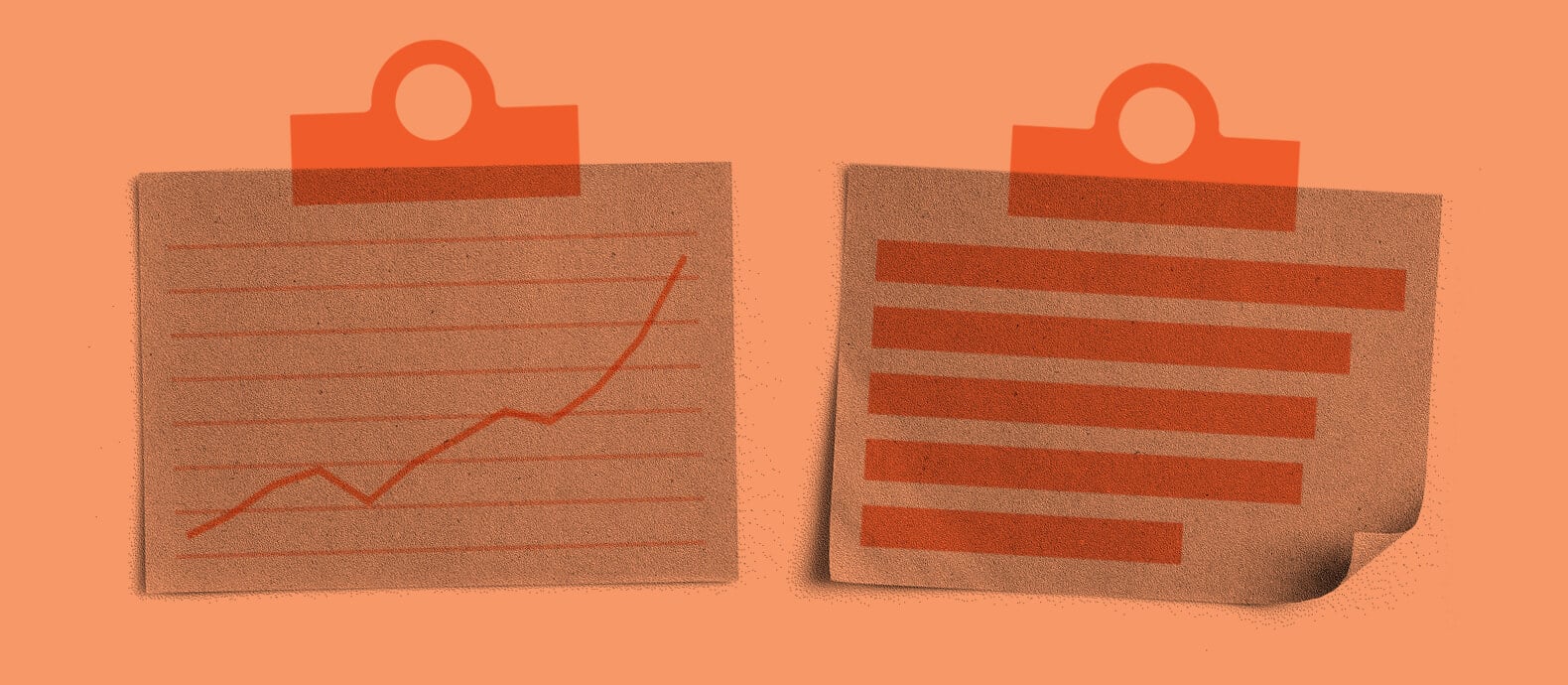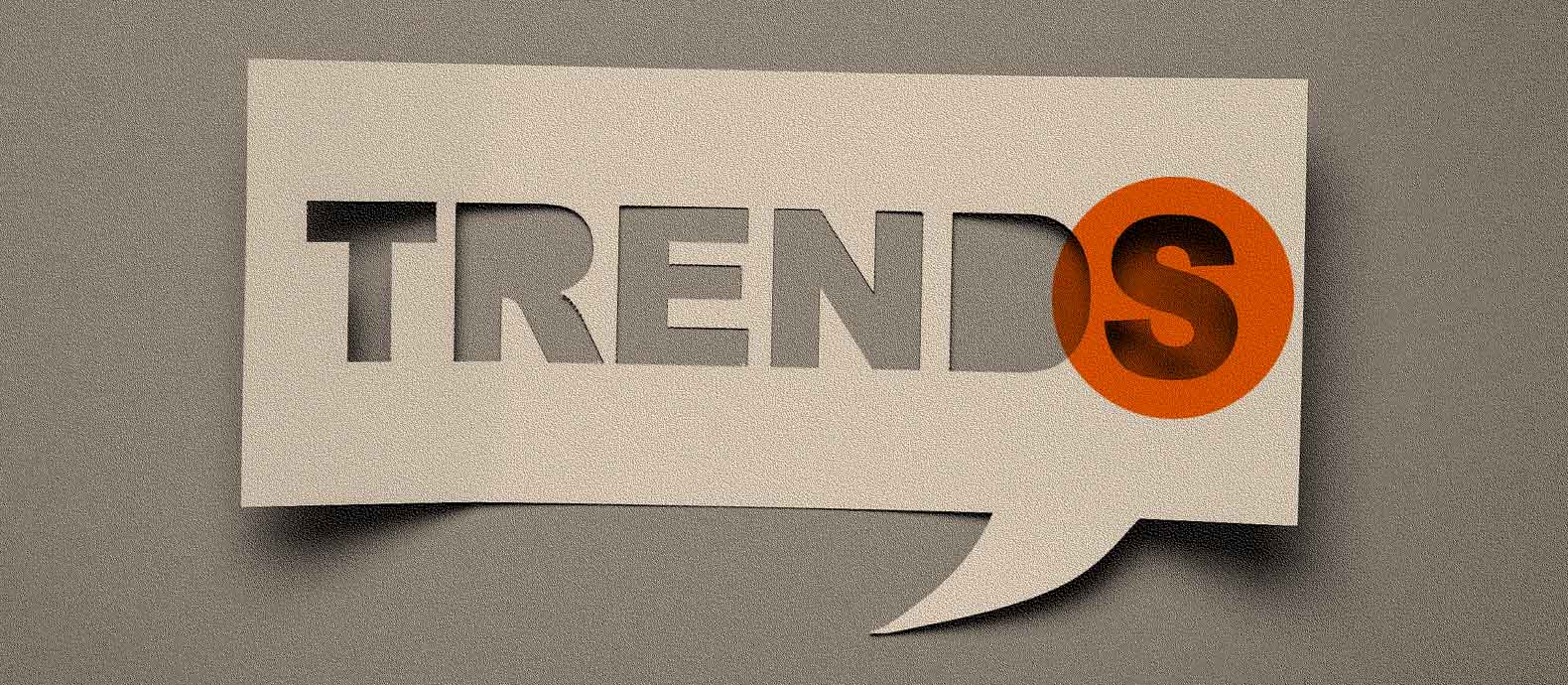In contemporary times, there is global accessibility and interconnectivity through the internet, raising an increased challenge of counterfeiting for brands. A paradigm shift from considering Intellectual Property (IP) protection as registration for ownership with IPOs has changed to an increased focus on monitoring, detecting, and enforcing infringements.
Billions of dollars are lost due to counterfeit products floating around on-site markets and e-commerce platforms annually.
In this blog, learn more about:
- legal remedies for counterfeiting
- Get insights into civil and criminal remedies available
- How to automate the whole process.
The impact of counterfeiting on businesses
As per a report published by the North Carolina State University, Global counterfeiting trade accounts for an estimated 600 billion dollars and is on track to rise to 1.8 trillion dollars in a few years. The severity of the issue can be determined by considering that this number exceeds the Gross Domestic Product (GDP) of many countries.
It plays a vital role in tarnishing brand reputation and lowering consumer confidence, leading to other side-line crimes, including deception. For instance, a reseller might sell a replica posing as an original product. Not to mention, a huge impact is suffered by brands, causing them to lose millions in revenue due to lost opportunity.
Legal remedies for counterfeiting
This leads us to the next question, what could be done by brands to take action against counterfeiters?
For starters, a brand should take potential legal action against infringers. Depending on the nature of the case and the goal of the party seeking relief, they could pursue a civil or criminal remedy.
Civil remedies
A legal action can be taken by an organization or an individual against the infringers in the civil courts in the jurisdiction it took place and seek compensation or other remedies.
- Injunctions
The court can order the infringer to stop the production of counterfeits immediately and advance them to destroy all subsisting stock of infringing products by granting a permanent injunction.
Subsequently, a court can grant a temporary/ex parte ad interim injunction that temporarily restricts the potential infringer from the production of alleged counterfeit products until the final verdict is announced by the Court. This remedy is advanced where courts suspect a delayed injunction might cause an inseparable loss to a brand.
To obtain an injunction, the party must have a legal right to bring the claim along and must prove irreparable harm will be suffered if an injunction is not granted.
- Damages
Depending on the extent of the infringement, the courts can order the accused to pay damages to the rightful owner of the Intellectual Property. Following are different kinds of damages that are available.
Actual damages can be awarded that compensate for the loss of profits, sales, or royalties and are assessed as per the actual loss suffered by the rightful owner. Courts sometimes offer a predetermined amount of damages per infringement, even where actual loss can not be proved (Statutory damages).
The court may order the infringer to pay the attorney fees of the IP lawsuit’s prevailing party. Lastly, enhanced damages can be ordered if the infringement is intentional as a way of punishing.
Damages are calculated based on the nature of the case, impact on the whole industry, loss of brand reputation due to counterfeiting, and more.
- Accounting of profits
It is an additional remedy provided in IP lawsuits, whereby the counterfeiters are ordered to account for any profits they have made due to their infringing activities. A portion of profits can be given to the IP owners, the percentage depending on the merits of each case.
It is essential to mention that accounting of profits is a separate remedy from actual damages, a plaintiff can be entitled to both.
In 2018, Google was liable to pay 8.8 million dollars in damages to Oracle America for infringing the use of java code, including an accounting of profits. However, the US Supreme reversed this decision in April 2021.

Criminal remedies
In addition, criminal implications of counterfeiting are a possibility. These could range from fines to sanctions by authorized bodies imposed by official authorities.
- Fines
A monetary fine is imposed on the infringer as a government or court penalty. In some cases, the substantial fines set a precedent and can significantly deter future infringement.
It could be a one-time or a fixed non-negotiable fine, which is imposed. Similarly, the courts may decide statutory fines that are predetermined by law or regulations.
Fines are calculated objectively based on the facts and nature of every case. Generally, the court’s decision is based on the principle of proportionality, and the impact of the decision on the world of Intellectual Property is often kept in mind.
- Imprisonment
In instances of intentional, deliberate counterfeiting, criminal charges by enforcement agencies and governments can be advanced. The laws are different for every jurisdiction.
In the US, 18 USC § 2320 governs rules regarding the intentional trafficking of counterfeit goods. An individual convicted of such an offense may face up to 10 years of imprisonment and a fine of up to $2 million for a first-time offense or up to 20 years of a fine of up to $5 million for repeat offenders.
Enhanced penalties can be sought, up to life imprisonment in cases of trafficking counterfeit military goods and drugs. Moreover, if convicted, infringers are liable to pay restitution to the IP owners.
On August 27, 2019, Levandowski (former Uber executive) was indicted on 33 federal charges of alleged theft of self-driving car trade secrets. On August 4, 2020, Levandowski pleaded guilty to one of 33 charges and was sentenced to 18 months in prison.
How to use automation to take legal action against counterfeiters
Red Points leverages advanced automation technology to help you combat counterfeiting and safeguard your revenue. Our Revenue Recovery Program offers comprehensive assistance to those seeking to take legal action against counterfeiters.
Using state-of-the-art web crawling techniques and AI technology, we can pinpoint prominent counterfeiters that are tarnishing your brand reputation. Our automation tools simplify evidence collection and analysis, ensuring a streamlined process that saves you time and effort.
We then partner with legal experts to help you take legal action against counterfeiters on your behalf. All work is done on a contingency basis, with no upfront payment or extra costs for you.
With Red Points’ automation tools and a legal expert team, you can take effective legal action against counterfeiters and protect your brand reputation and revenue.
What’s Next
The rise of ecommerce platforms has led to an increased challenge of counterfeiting for brands, resulting in billions of dollars lost annually. Tackling counterfeiting through legal remedies has become crucial, and brands should take potential legal action against infringers
Legal remedies such as civil and criminal remedies are available to businesses seeking relief from infringers. Civil remedies include injunctions, damages, accounting of profits, while criminal remedies can result in fines and imprisonment for intentional, deliberate counterfeiting. Automation technology, such as that provided by Red Points, can help brands take action against counterfeiters more efficiently and effectively. Therefore, it is essential for brands to prioritize monitoring, detecting, and enforcing infringements to protect their intellectual property and reputation.







